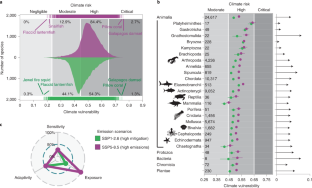
Abstract: "Researchers found that while 90-99% of tropical deforestation in 2011-2015 was driven by agricultural industries, only 45-65% of the cleared land was actually used to grow crops or raise cattle. The rest of the cleared land was the result of activities such as speculative clearing and out-of-control agricultural fires, the study says. The researchers also concluded that because three-quarters of tropical deforestation is driven by domestic demand, corporate zero-deforestation pledges geared toward expert markets are limited in their ability to reduce this forest loss."


